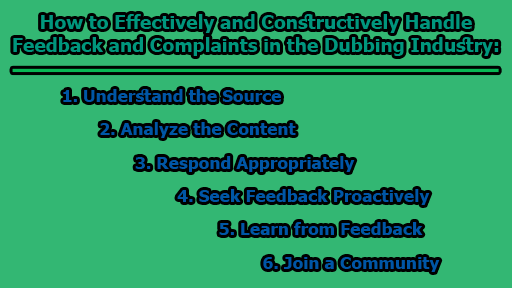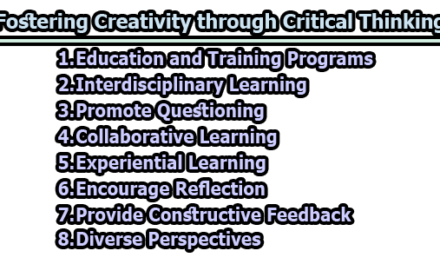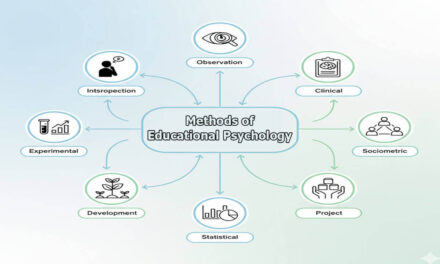How to Effectively and Constructively Handle Feedback and Complaints in the Dubbing Industry:
Dubbing is a complex and artistic endeavor, involving the translation, adaptation, and synchronization of audiovisual content across different languages and cultures. While dubbing professionals work tirelessly to create an immersive experience for their audiences, feedback and complaints from viewers and critics are inevitable. In this article, we will explore how to effectively and constructively handle feedback and complaints in the dubbing industry.

1. Understand the Source: The first step in managing feedback and complaints is to discern their source and intent. Feedback can be motivated by a variety of factors, including genuine concerns, personal preferences, or expectations. Conversely, some criticisms may be driven by bias, ignorance, or even trolling. It is crucial to identify the tone of the feedback and complaints and filter out any irrelevant, abusive, or disrespectful comments. Focus on those that offer constructive, informative, or insightful insights, and acknowledge them professionally and politely.
2. Analyze the Content: Once you’ve categorized feedback and complaints, the next step is to analyze their content. Some of the feedback may point out legitimate errors, inconsistencies, or inaccuracies in your dubbing work. Others might express opinions, suggestions, or preferences that differ from your own. It’s essential to evaluate the content objectively and critically to determine if you can learn from it and improve your dubbing skills or quality. However, it’s equally important to remember that dubbing is a subjective and creative process, and you may have valid reasons or constraints for your dubbing decisions.
3. Respond Appropriately: After analyzing the feedback, your response should be tailored to the specific situation and goals. Some feedback and complaints may necessitate a response, whether it’s to clarify, correct, or apologize for your dubbing work, or to explain, defend, or justify your choices or methods. Others may not require a response because they’ve already been addressed or resolved or because they aren’t worth engaging with or escalating. In any case, always respond with respect, diplomacy, and professionalism, avoiding unnecessary conflicts or controversies.
4. Seek Feedback Proactively: Preventing or reducing feedback and complaints can be achieved by actively seeking input from your clients, colleagues, or mentors. By soliciting feedback before or during a dubbing project, you can ensure that your work aligns with the expectations, requirements, and standards of your target audience and market. You can also gain valuable insights, advice, or support from peers and industry experts. Proactively seeking feedback can also help build trust, rapport, and reputation with your clients and collaborators.
5. Learn from Feedback: Feedback and complaints can serve as invaluable tools for personal growth and development. Reflecting on the feedback you receive can help you identify your strengths and weaknesses, enabling you to enhance your dubbing skills, knowledge, and techniques. This process may also reveal new trends, challenges, or opportunities in the dubbing sector, allowing you to adapt your approach accordingly. Learning from feedback and complaints can help you develop resilience, confidence, and professionalism in the dubbing field.
6. Join a Community: One effective way to handle feedback and complaints is to become a part of a community of dubbing professionals. These communities provide a platform for sharing experiences, challenges, and solutions with like-minded individuals. By joining such a community, you can access support, feedback, and advice from fellow dubbing experts who understand your work and the unique challenges it presents. It’s also an opportunity to exchange ideas, opinions, or resources with others who may have different perspectives, backgrounds, or specialties. Joining a community can significantly boost your networking opportunities and may open doors to collaborations and new prospects within the dubbing industry.
In conclusion, handling feedback and complaints in the dubbing industry is an essential aspect of professional growth. By understanding the source, analyzing the content, responding appropriately, seeking feedback proactively, and learning from feedback, dubbing professionals can continuously improve their craft and enhance the quality of their work. Moreover, joining a community of like-minded individuals can provide invaluable support and opportunities for collaboration. Embracing feedback and complaints as constructive tools for growth is key to thriving in the challenging and creative world of dubbing.

Library Lecturer at Nurul Amin Degree College









